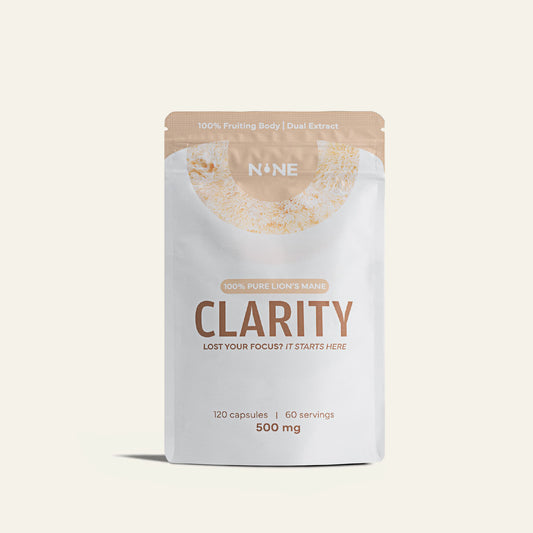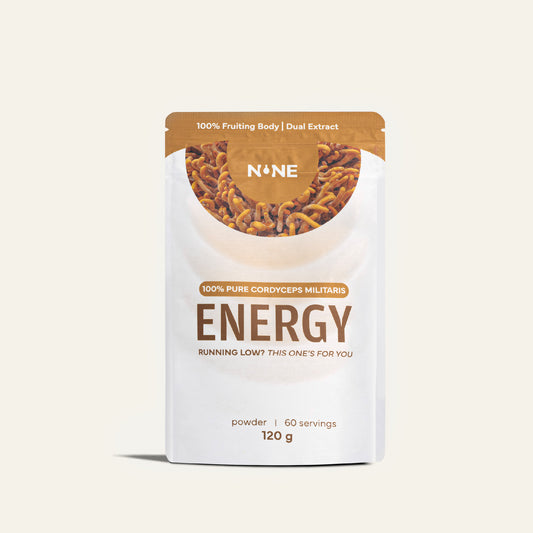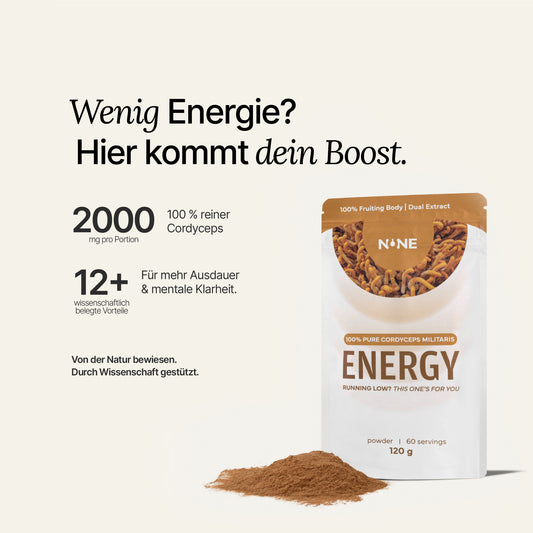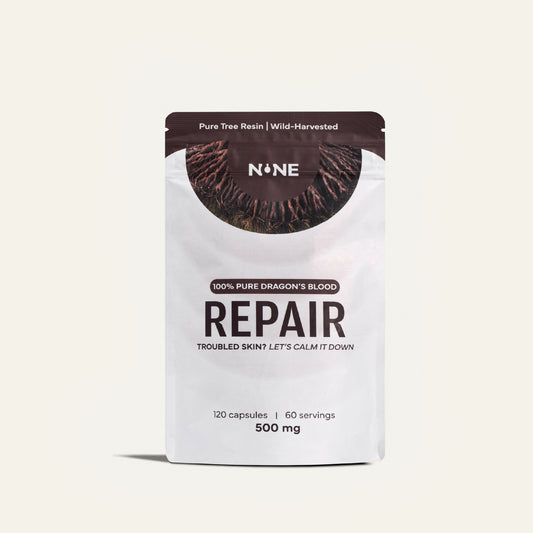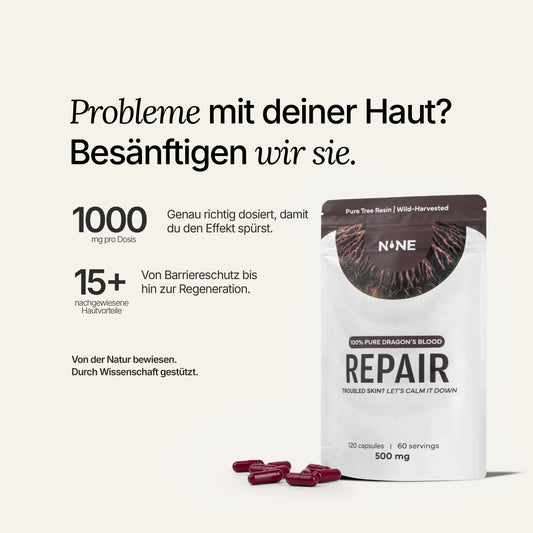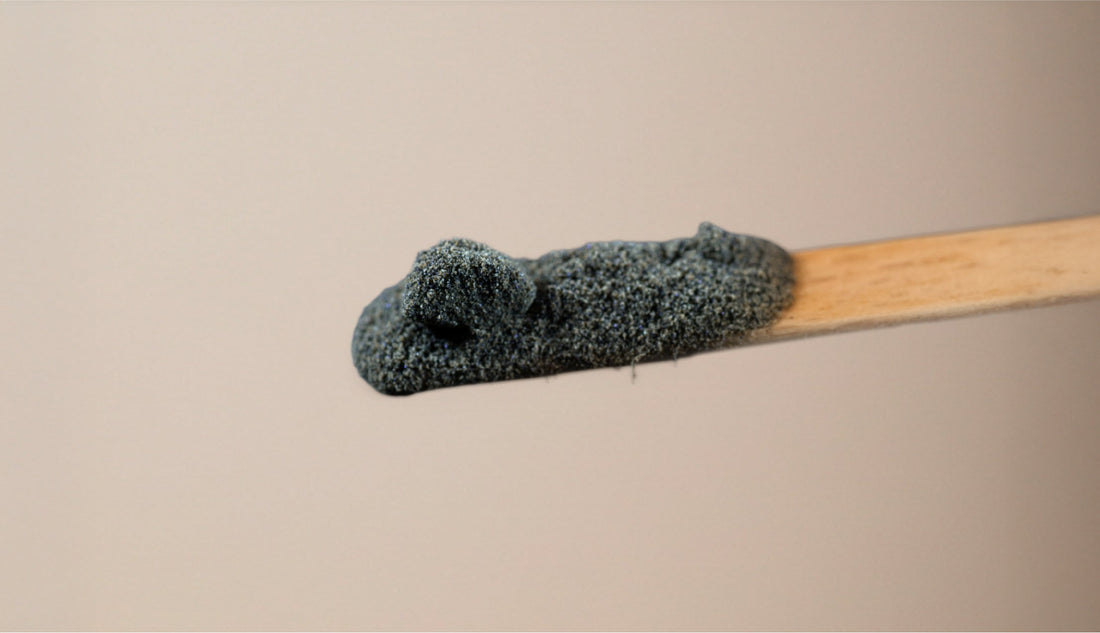
The Truth About Hormone Balance and Recovery – What Science Really Says
The Truth About Adaptogenic Mushrooms – What Science Really Says
Written by Niels Luka, Founder of NÓNE
When people talk about performance and recovery, they often focus on training plans, sleep routines, or supplements for energy. But there’s a hidden layer that drives all of it: your hormones. These chemical messengers control how fast you recover, how much muscle you build, and even how you feel after a tough day. Let’s look at what science actually says about hormones and recovery — without the hype.
1. Testosterone – The Growth and Repair Hormone
Testosterone is crucial for building muscle, maintaining strength, and speeding up recovery after exercise.
Study: Pandit et al., 2016 – PubMed Link
Takeaway: In a 90-day human trial, Shilajit supplementation increased total and free testosterone levels by 20–23% in healthy men.
2. Cortisol – The Stress and Breakdown Hormone
Cortisol isn’t bad by default — it helps your body manage stress. But chronically high levels slow recovery and can break down muscle tissue.
Study: Duclos et al., 2007 – PubMed Link
Takeaway: Balanced cortisol levels improve muscle repair, reduce soreness, and support better sleep quality.
3. Adaptogens for Hormonal Balance
Adaptogens like Ashwagandha and Cordyceps help the body return to baseline after stress, supporting both hormone balance and energy.
Study: Chandrasekhar et al., 2012 – PubMed Link
Takeaway: Ashwagandha supplementation lowered cortisol levels by up to 28% and improved perceived well-being.
4. Sleep – Your Hormonal Reset Button
Deep sleep is when growth hormone peaks, muscle tissue repairs, and the nervous system resets.
Study: Van Cauter et al., 2000 – PubMed Link
Takeaway: Even partial sleep restriction can reduce testosterone and growth hormone production.
Find out what you need!
Let’s find out together! Take the quiz, this will take you 1 minute.
5. Nutrition – Fueling Hormone Production
Certain nutrients — like zinc, magnesium, and omega-3 fatty acids — are critical for hormone synthesis and regulation.
Study: Prasad et al., 1996 – PubMed Link
Takeaway: Zinc deficiency can lower testosterone, impair immune function, and slow recovery.
Bottom line: Hormones aren’t just a background process — they’re the control center for your recovery, strength, and performance. Support them with smart training, good sleep, balanced nutrition, and the right supplements, and your body will repay you with faster gains and more energy. At NÓNE, we create clean, targeted formulas to keep your hormones working for you, not against you.

